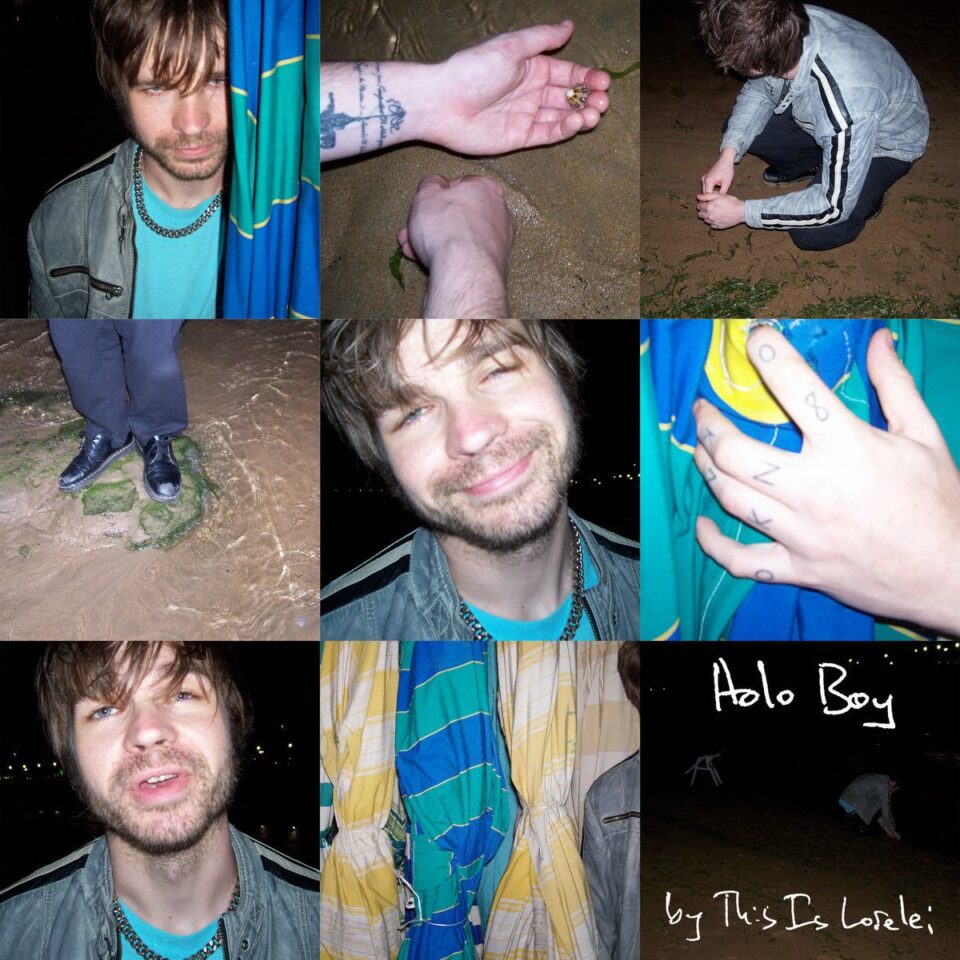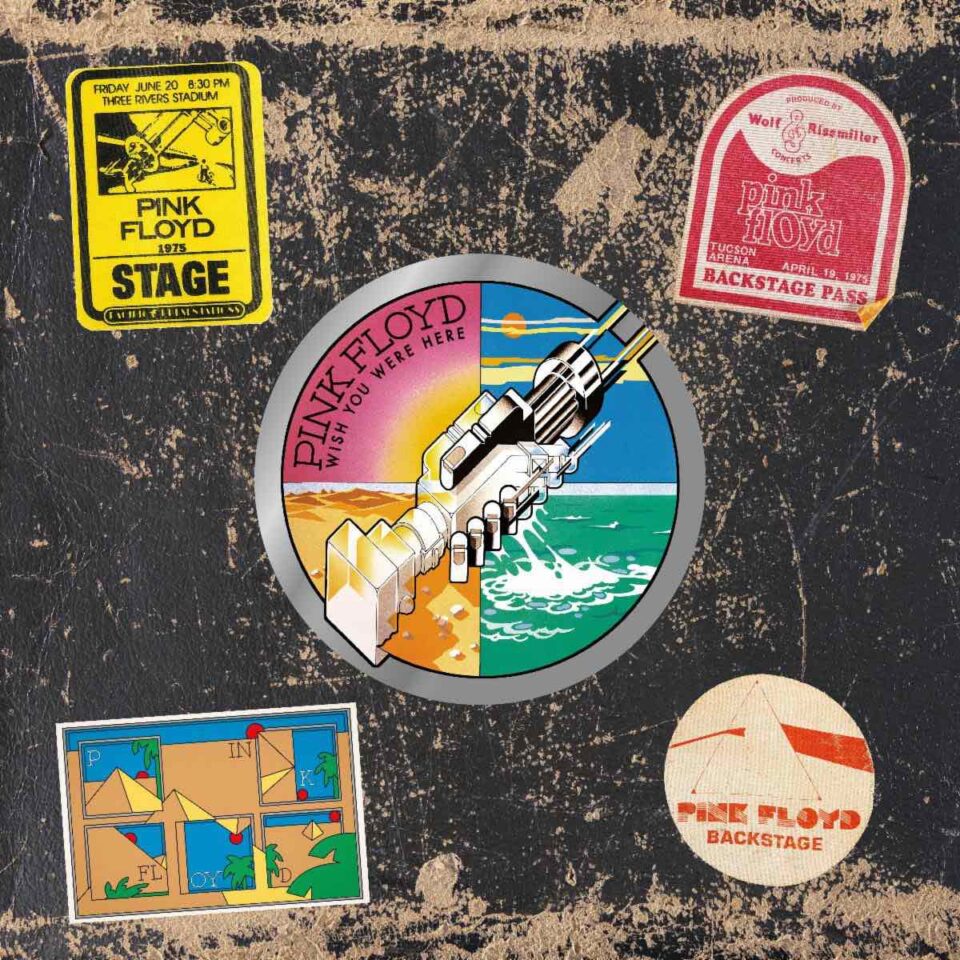Valentine’s Day. President’s Day. And this time, to spice things up a little, a Leap Day. Plus, you know…coronavirus, Bernie crushing caucuses, and Parasite sweeping the Oscars. What a February it’s been.
In between all the madness, we’ve had some good music. And as always, we’re highlighting the best from this month for you below. Take a listen.
Best Coast, Always Tomorrow
Always Tomorrow often plays out like Bethany Cosentino coaching herself on how to power through emotional obstacles without using substances. “I’m trying harder than I ever have before / Used to think that taking care of myself would just become a real bore,” she sings on the gentle, tropical soft rock shimmy “For the First Time” before addressing the tenuousness of that change: “I finally feel free / I feel like myself again / But for the first time.” On “Master of My Own Mind,” which starts as an upbeat pop-punk charge before reaching a midtempo, introspective interlude, she advises herself, “Even when I’m drowning in my sorrows / Gotta focus / Gotta rewind / Gotta stay the master of my own mind.” And the album’s final lyric, from “Used to Be,” is “Accepting the unknown,” which Cosentino sings over a stomping, slightly ominous shoegaze chord progression, as though to close the album by saying, Not worrying so much, not reacting so strongly to external stimuli, is the path forward—but obstacles will always be there. — Max Freedman
Read our digital cover story on Best Coast here.
The Staple Singers, Come Go With Me: The Stax Collection
Looking for a consolidated history of soul music in one handy package? You could do worse than to pick up Come Go With Me, a new vinyl anthology that documents The Staple Singers’ tenure on the Stax label. Here you’ll find the rough outline of soul’s import and development, presented in microcosm. The application of church music signifiers to earthbound subject matter. The outsized impact of Southern labels like Stax, Hi, and Fame. The assertion of black identity and formal engagement with the civil rights movement. The rise of regional quirks and vernaculars. The sound of human voices lifted up in anguish, joy, and freedom. It’s all there. — Josh Hurst
Tennis, Swimmer
Despite the lyrical content reflecting the roller-coastering emotions of the past few years of Alaina Moore and Patrick Riley’s lives together as a family and as a band, Swimmer is as dreamy as ever, sedating ’80s dance-pop with the neo-psychedelic tints of Beach House and Johnathan Rado. Each track on the record is as full of unique instrumental flourishes as it is harrowing tales of pain and recovery, never sounding the least bit derailed or psychologically overwhelmed. — Mike LeSuer
Read Tennis’ track-by-track album breakdown here.
Khruangbin and Leon Bridges, Texas Sun EP
Raw, silken R&B vocalist Leon Bridges and the twisty, turny, psychedelic rock-funk instrumentalists of Khruangbin toured as one package last year, a show of unity between Texan soul makers. — A.D. Amorosi
Banoffee, Look At Us Now Dad
Recorded with co-producer Yves Rothman, Banoffee’s debut is a glittering reflection of personal hardship, ancestral adversity, and familial admiration. Family is crucial to Banoffee, something she makes clear through candid recordings of her father and confessional flashes of lying to a loved one on the record. Over pirouetting synth melodies, elements of ’80s rock and dizzying pop, Brown reflects on her genealogy. — Margaret Farrell
Read our feature on Banoffee here.
Cerrone, DNA
Marc Cerrone—better known just as Cerrone, the ’70s and ’80s disco era’s most thought-provoking Franco-Italian drummer, composer, and producer—isn’t done making you think, or making you dance. The artist known for the environmentally sound super hit “Supernature” (among others, such as the sensual “Love in C Minor”), was a stalwart amid music’s most decadently sleek era, during which there was always something raw in the mood and something suitably primal in his rhythms. Now back to making electronic dance music that inspires crowds to action beyond just taking E, the theme of his new all-instrumental album DNA is making the earth a better place. — A.D. Amorosi
Read our feature on Cerrone here.
Shopping, All or Nothing
The London-formed trio of guitarist Rachel Aggs (now based in Glasgow), drummer Andrew Milk (yep, also Glasgow), and bassist Billy Easter (a newly christened Angeleno) are the rare kind of supergroup that works; it seems like a shared passion for new wave has inspired a chaotic camaraderie often defined by their penchant for stepping on each other’s toes. At times Shopping’s staccato instrumentation is met with agreeable vocal harmonies, though it seems more common that the trio find themselves singing over each other. — Mike LeSuer
Read Shopping’s track-by-track album breakdown here.
David Bowie, “Nuts”
Is It Any Wonder? is the title of a forthcoming Bowie collection of previously unreleased music, “Nuts” being the fifth of six tracks for the special streaming EP via Parlophone. It was produced by Bowie with Reeves Gabrels and Mark Plati during the same 1996 sessions as Earthling. Anchored by a persistent UK jungle rhythm and droning synthesizers, Bowie peppers the fast-paced instrumental with random vocals that fade in and out. At one point his voice is a menacing whisper; at another, he’s happily whistling a melody. The track rumbles with echoes of Tricky and Underworld, and could easily be dropped into a drum and bass DJ set today. — Scott T. Sterling
Caribou, Suddenly
This record has many narratives so ambiguous they could just as likely be recounting events that happened to people other than Dan Snaith, fictional characters (as has previously been the case), or Snaith himself. The first of these categories dominates the album, but each has its moment in the spotlight, and with each perspective change comes a shift in sound. Suddenly is easily the most sonically diverse Caribou record to date, and Snaith is proud of this distinction. He likens the album to a “mixtape you would put together for a friend, where you’re trying to link one song to the next, but they all have different genres.” — Max Freedman
Read our feature on Caribou here.
Ratboys, Printer’s Devil
Ratboys’ Julia Steiner cites a lyric from the David Byrne & Brian Eno track “Life Is Long” as a direct inspiration on the vaguely emo Chicago band’s third and latest LP, Printer’s Devil. “I’m lost but I’m not afraid” has become the unofficial mantra for the record, summing up the uneasy transitions occurring in Steiner’s life during the album’s inception period. Paralleling these changes was a shift in the band’s chemistry—once a two-piece comprised of Steiner and Dave Sagan, PD is the first Ratboys album to feature a full band, adding touring members Sean Neumann and Marcus Nuccio to the mix. — Mike LeSuer
Read Ratboys’ track-by-track album breakdown here.







